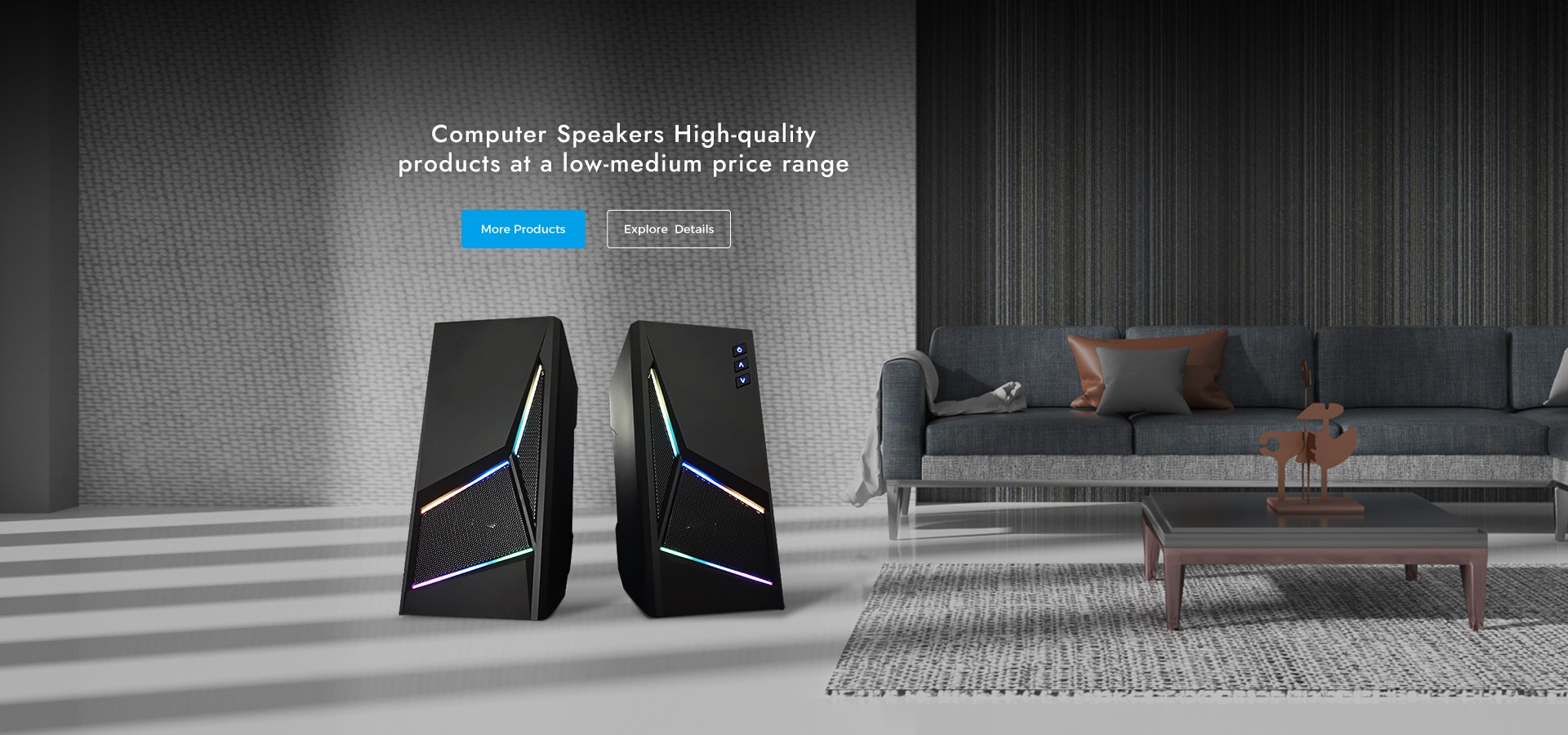In recent years, major professional speaker and speaker companies in the world have launched their own linear array speaker systems. Line array speaker systems are also used in many large-scale sports games and large-scale performances in the world.

So how to judge the quality of line array speakers? Many people have their own answers to this question, the most common one is to listen to it with their ears. Especially the sound engineer who is used to performing, absolutely believes in his ears!
From the perspective of a R&D engineer and system engineer, we can judge from the following points:
1. Look at the impedance curve
Especially for bass, if you design an unreasonable speaker, the impedance curve will be quickly seen. If you design a reasonable speaker according to the unit T/S parameters, the low frequency characteristics will not be bad. If the impedance curve shows that the volume is not enough, or the tuning is low , Or the tuning is too high, or there is resonance, or the volume is too large, the low frequency will not be good. Speakers with poor impedance curves often lack the designer's theoretical foundation. In Guangdong speaker factories, copycats are prevailing, and it is difficult for Chinese speakers to enter the European and American markets. One of the reasons is that there is almost no original design.
2. Look at the speaker unit size and crossover point
This can already determine a lot of information. For example, if the tweeter is a 44mm diameter tweeter, the safe working frequency cannot be lower than 2K. If the midrange uses four 6-and-a-half inches, you can judge that the design is unreasonable, because The minimum distance between two 6-and-a-half inches horizontally must exceed 7 inches, and the lowest point of interference frequency of 7 inches is about 1.34K (242 formula), so for the safety of the unit, if the crossover point is at 2K, the midrange will be at 1.34K. If interference occurs, in order not to interfere, if the crossover point is 1.3K, the diaphragm of the 44 treble will soon be broken. So it is completely unreasonable design.
3. Communicate with developers
Before listening to the speakers, you can communicate with the speaker developers. The structure of the speaker, how the crossover point is determined, the relationship between the size of each unit and the dynamic headroom of the entire speaker.
4. Whether the parameter curve of the speaker is true
Many factory data have graphs, but is it true? If you can directly test the frequency response and phase curve of the speaker after listening, it is ideal. The phase curve is best to be tested separately. If the high pitch, midrange, The phase curve measured by the bass separation does not overlap at the crossover point, indicating that the speaker processor parameters are unreasonable, and the frequency response cannot be normal near the crossover point.